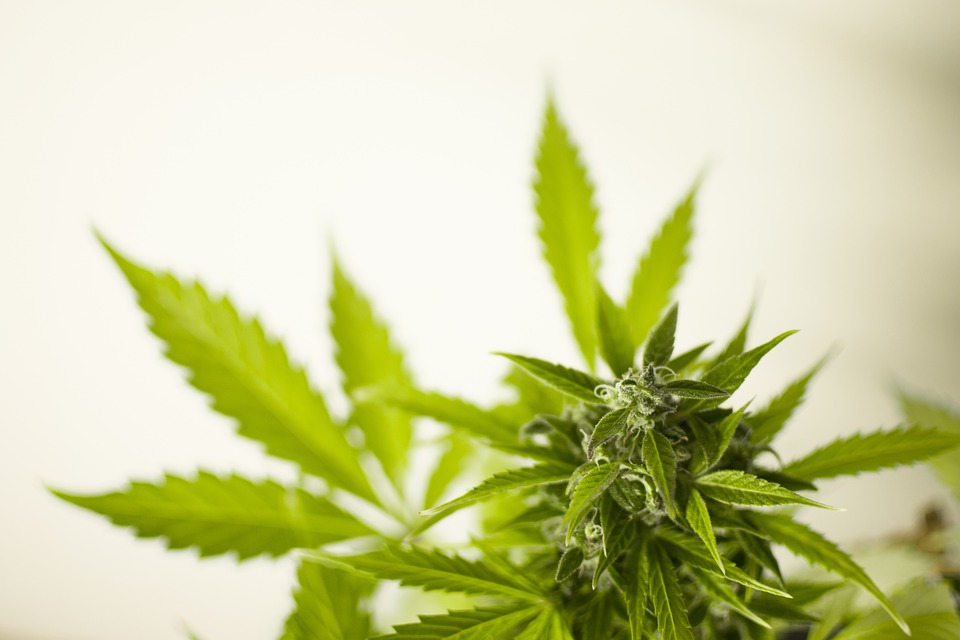Introduction
Having an edible garden at home offers a myriad of benefits that go beyond just providing fresh produce for your kitchen. Whether you have a large backyard or a small balcony, growing your own fruits, vegetables, and herbs can be a rewarding and sustainable activity. Not only does it promote self-sufficiency, but it also offers surprising advantages for your physical, mental, and environmental well-being.
1. A Healthier Lifestyle
Cultivating an edible garden promotes a healthier lifestyle by encouraging you to consume more nutritious foods. Garden-fresh produce is packed with essential vitamins, minerals, and antioxidants, which are often lost in commercially grown fruits and vegetables. By growing your own food, you can reduce your reliance on processed and preservative-laden options, leading to improved overall health.
2. Environmental Benefits
Home gardens contribute to a more sustainable environment. Growing your own food reduces the carbon emissions associated with transportation and packaging of store-bought produce. Additionally, home gardens provide habitats for beneficial insects and pollinators, promoting biodiversity and helping maintain a healthy ecosystem.
3. Cost Savings
Growing your own food is an excellent way to save money. Seeds and gardening supplies are relatively inexpensive compared to grocery bills. By having an edible garden, you can significantly reduce your monthly grocery expenses while enjoying the satisfaction of harvesting your own organic produce.
4. Stress Relief
Gardening has proven to be an excellent stress reliever and a form of therapy. Spending time tending to your edible garden helps reduce anxiety, lower cortisol levels, and promote a sense of calm. The connection with nature and the physical activity involved in gardening can have a positive impact on your mental well-being.
5. Educational Opportunities
An edible garden is a wonderful way to learn about botany, ecology, and sustainable practices. Whether you involve your children or explore it alone, gardening provides valuable educational experiences. It teaches patience, responsibility, and the importance of caring for living organisms.
FAQs Section
Frequently Asked Questions
Q: How much space is required to start an edible garden?
A: The space needed for an edible garden depends on the types of plants you choose. If you have limited space, you can opt for container gardening or vertical gardening techniques. A sunny balcony, patio, or even a small windowsill can suffice.
Q: What if I don’t have a green thumb? Can I still grow an edible garden?
A: Starting an edible garden doesn’t require extensive gardening experience. Many vegetables and herbs are relatively easy to grow, even for beginners. Research and utilize resources available to learn about plant care, and start with low-maintenance varieties.
Q: How much time does it take to maintain an edible garden?
A: The time required to maintain an edible garden depends on its size and the types of plants you choose to grow. Initially, you may need to dedicate more time for soil preparation and planting. However, once established, regular watering, weeding, and occasional fertilization are usually sufficient.
Q: Are there any potential downsides to an edible garden?
A: While an edible garden offers numerous benefits, it’s essential to consider potential challenges. Pests, diseases, extreme weather conditions, and limited space are some factors that may require careful attention. However, with proper planning, research, and proactive gardening practices, these risks can be mitigated.
Q: Can an edible garden be maintained in all seasons?
A: Depending on your climate and location, an edible garden can be maintained year-round. In colder regions, you may need to adapt your garden with protective coverings or focus on cool-season crops. However, with proper knowledge and techniques, you can have a productive garden throughout the year.




